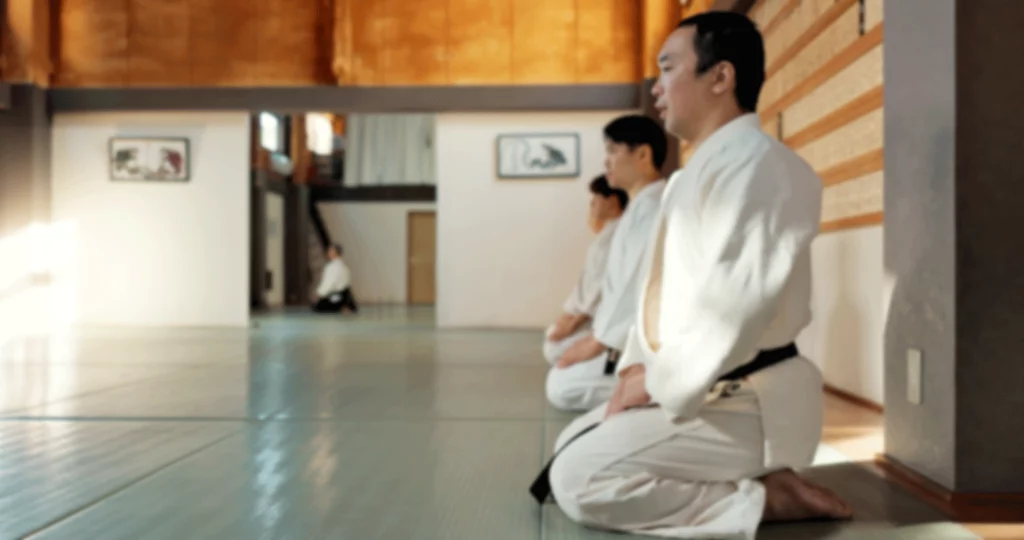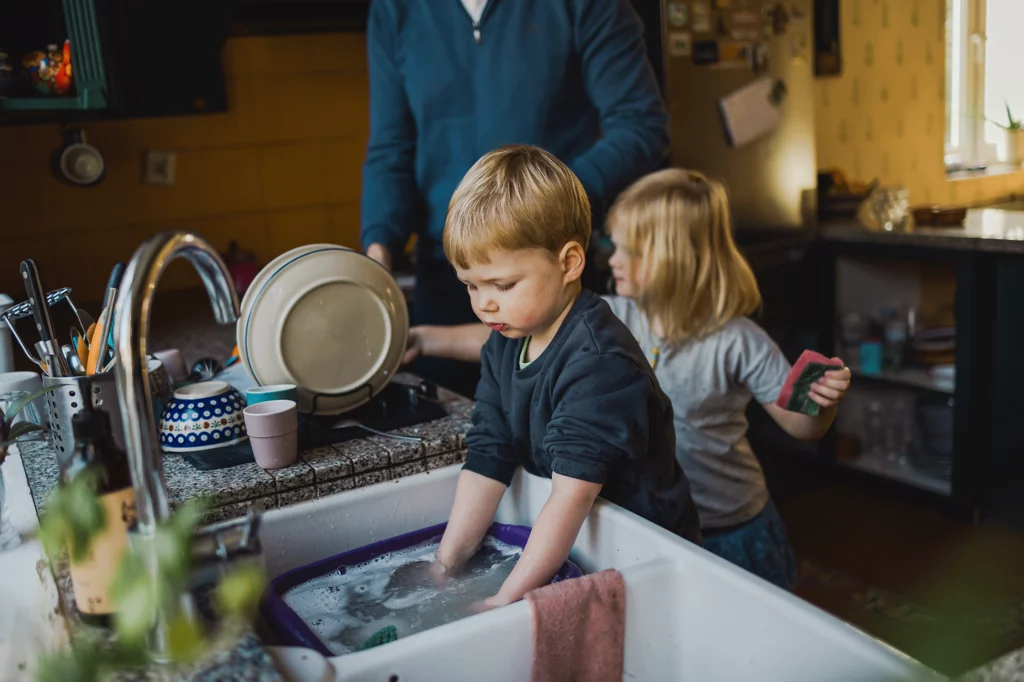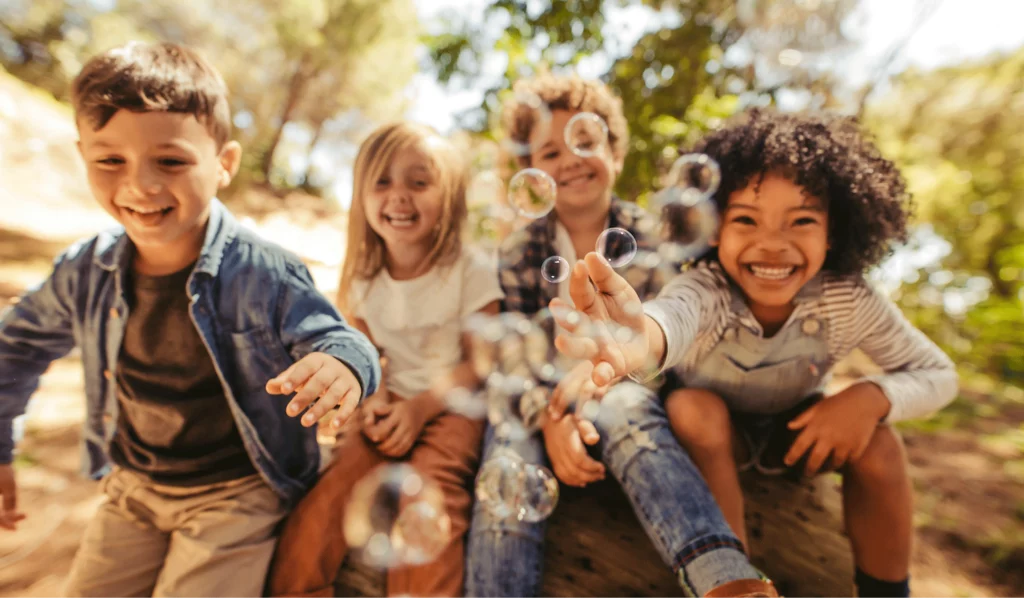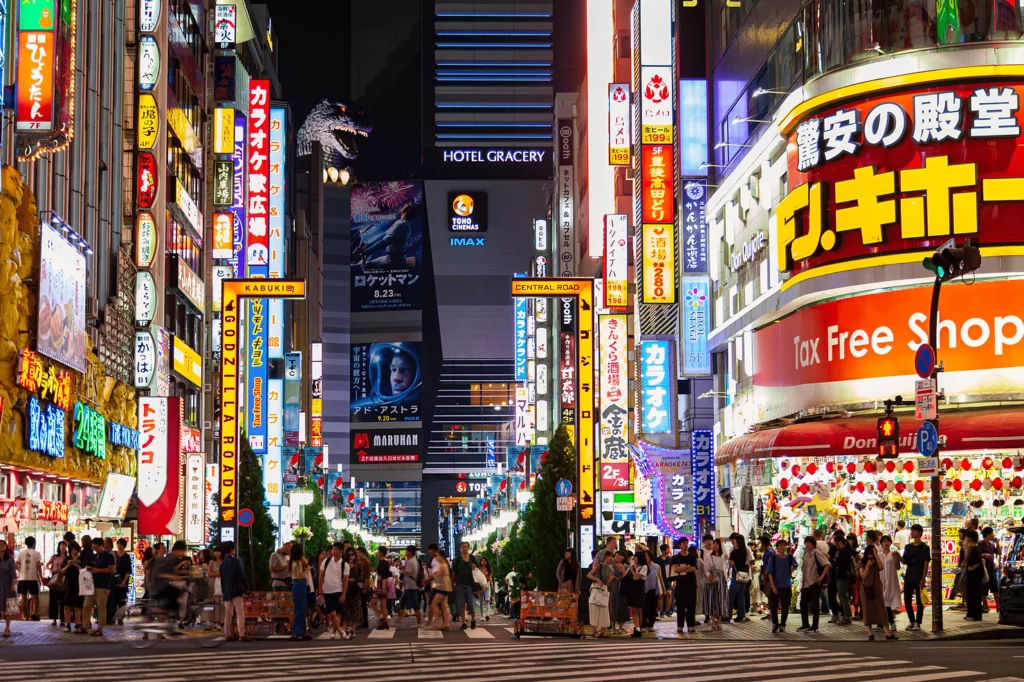In Japan, cleanliness isn’t just a chore—it’s a way of life that embodies the essence of health and harmony. Picture this: a culture where every action, from slipping off your shoes at the door to bathing to daily cleaning rituals, is infused with a deep respect for purity and order. Rooted in the ancient traditions, the Japanese concept of purity emphasizes the importance of keeping our spaces immaculate to nurture our well-being.
Imagine walking through spotless streets and pristine public spaces, a testament to a collective commitment to cleanliness and mutual respect. This isn’t just about having a tidy environment—it’s about creating a sanctuary of calm and mindfulness in our chaotic world.
Japan’s dedication to cleanliness offers an example of how a clean space can transform our lives, reduce stress, and cultivate a profound sense of peace and clarity. Let me share my experience of living in Tokyo and how it profoundly shaped my views on cleanliness and order.
As a model navigating the exciting and often tumultuous world of fashion in the 80s and 90s, I could have easily been drawn into the late-night clubs and celebrity parties. Instead, I was captivated by the country and its culture. I immersed myself in studying the language, reading Japanese literature (in English translation, of course), and embarking on an odyssey into the heart of Japanese culture through martial arts.
Within the halls of a Shotokan karate dojo I encountered not only physical discipline, but also a profound philosophy. Rooted in the teachings of Gichin Funakoshi, Shotokan karate wasn’t just about mastering techniques—it was about perfecting one’s character and mastering the virtues of humility, respect, sincerity, and self-control.

“The ultimate aim of karate lies not in victory or defeat, but in the perfection of the character of the participant”
Sojido – Way of Cleaning
After each class, a seemingly mundane yet deeply significant ritual called o-soji, unfolded, the cleaning of the dojo. Regardless of rank, age, or social status, every member shared in the responsibility of maintaining the dojo’s care and cleanliness. This practice, deeply integrated into the training, imparted invaluable lessons in teamwork, discipline, and collaboration, while emphasizing the transformative power of an orderly environment.
Little did I anticipate that this ethos would extend beyond the dojo, reaching into the corridors and classrooms of elementary schools across Japan, where the tradition of “school cleaning” thrives, instilling these same values of responsibility and communal effort in young minds.
Gakko Soji
The Japanese education system is a holistic model that embraces social skills, values, attitudes, and emotional balance equally alongside intellectual development. Literally translated as school cleaning, gakko soji is part of the official curriculum as an actual educational activity.
The origins of sojido date back 500 years ago in Buddhist temples, where maintaining cleanliness and order in the temple grounds was an important part of the monks training. The custom was broadly implemented in the Japanese school system at the end of the 19th century when many schools were built across the country.

Every day after lunch, school children across Japan get out brooms, mops, buckets and rags and take 15 minutes to clean the classrooms, hallways, washrooms, and other public spaces. The collective activity serves diverse educational functions, from interpersonal relationships and self-motivation to workplace education. Older students gain experience in giving instructions to younger students creating opportunities to bond, cooperate, and develop a shared respect for shared space and the environment.
Cleaning and Mental Health
Cleaning and mental health are more intertwined than one might initially assume. Sojido, with its emphasis on cleanliness and tidiness, offers a profound avenue for promoting mental well-being.
Firstly, the act of cleaning itself holds therapeutic benefits, acting as a form of physical activity that can reduce stress and anxiety levels. Engaging in cleaning tasks provides a sense of purpose and accomplishment, contributing to a more positive mood overall. The process of tidying up and decluttering creates a tangible sense of order and control, especially in environments that may otherwise feel chaotic or overwhelming. This sense of control can be particularly empowering for children, offering them a structured way to navigate their surroundings and manage their emotions.
Psychologist Dr. Morgan Cutlip, who specializes in burnout and mental load support, recently shared a tip on Instagram on how to teach kids to manage mental load by putting them in charge of maintaining a zone in the public space of the home.

“This hack will teach them how to observe what’s going on in the space, to take initiative on their own, and to adapt a mentality that these are shared spaces, and we’re a family team and we all work together”, says Dr. Cutlip.
By focusing on the present moment and the task at hand, cleaning cultivates mindfulness, allowing individuals to temporarily escape from worries and distractions. As children engage in focused cleaning activities, they learn to appreciate the importance of being fully present and attentive, which can lead to greater stress reduction and improved mental clarity.
Gakko Soji and Societal Impact
Cleaning within the school curriculum promotes a culture of cooperation and mutual support that extends beyond the school environment and breaks down social hierarchies through shared responsibilities that build a sense of community and belonging.
This aspect of the educational system focuses on instilling well-mannered behaviour within social contexts, fostering respect for societal norms and regulations, and cultivating a strong sense of social duty and responsibility. The school maintenance initiative known as Gakko Soji is regarded as an invaluable educational practice, offering practical lessons that align with these core objectives of moral education.
Beyond developing social skills and a sense collective responsibility, the Ministry of Education links cleaning to career education in that these activities set the stage for children to learn about themselves, discover and develop their strengths that will ultimately shape their character and their future beyond the classroom.
Final thoughts
In reflecting on the profound impact of Gakko Soji, one cannot overlook its implications for our collective well-being and the promise it holds for a cleaner, healthier future for all. As we’ve explored the therapeutic benefits of cleaning and tidying, it becomes evident that this seemingly mundane activity serves as a powerful tool for developing lifelong good habits and nurturing mental health.
From reducing stress and anxiety levels to instilling a sense of order and control in our lives, Gakko Soji offers a holistic approach to wellness that extends far beyond the confines of the classroom. By empowering children with a sense of accomplishment and pride in their work, it lays the groundwork for a generation of resilient, mindful individuals equipped to navigate life’s challenges with grace and resilience.

More than that, as cleaning becomes synonymous with cooperation and mutual support, it fosters a sense of community and belonging that transcends social barriers, paving the way for a more compassionate, harmonious society. Embracing Gakko Soji is not just about maintaining cleanliness—it’s about cultivating a culture of care, compassion, and collective responsibility that holds the key to a brighter tomorrow for everyone.
What are your thoughts on incorporating such practices into our daily routines? Share your experiences and ideas in the comments below.
Until next time,
xo Nikki
Resources
Cleaning as part of Tokkatsu (School Curriculum): School Cleaning Japanese Style:
Gakko Soji (School cleaning by students): The Japanese curriculum for socialization: https://www.proquest.com/openview/764528cae22fc71a31e0e0d3d579be65/1?pq-origsite=gscholar&cbl=18750&diss=y
Cleaning and Mental Health:
https://www.instagram.com/reel/C4ZH5DGv6gt/?utm_source=ig_web_copy_link&igsh=MzRlODBiNWFlZA==
Matsumoto, Shoukei “Take it from me, a Buddhist monk: cleaning is good for you” The Guardian, January 5, 2018:
https://www.theguardian.com/commentisfree/2018/jan/05/buddhist-monk-cleaning-good-for-you

